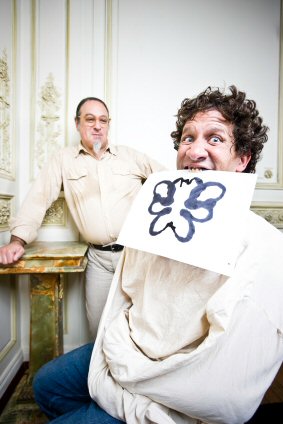
Psychotherapy is foundering and a new review in the journal Clinical Psychology Reviewexplores the reasons why. Figures provided in the article indicate that the use of mental health professionals by consumers is declining rapidly. Between 1998 and 2007 the proportion of patients receiving outpatient psychotherapy alone fell from 16 percent to 10 percent, while the number of patients receiving medication alone increased from 44 percent to 57 percent.
The researchers behind the wide ranging review say that much as in many human patients, psychotherapy has a combination of problems. Some of them are of its own making, they suggest, while some come from outside the field itself. Brandon Gaudiano and Ivan Miller (Brown University) note that the psychotherapy community hasn’t defined, embraced, and articulated the ample evidence base clarifying their practice, while drug makers have done so for medications. In a system of medicine and health insurance that rewards evidence-based practice and looks upon biology as a more rigorous science, psychotherapy has lost ground among physicians, insurers and policymakers.
“One might think that this deep and expanding evidence base would have promoted a similar increase in the use of psychosocial interventions that at least would have paralleled the one witnessed over the recent years by psychotropics, but it decidedly has not,” Gaudiano and Miller write. “Thus a time that should have been a relative boon for psychotherapy based on scientific standards has become more of a bust.”
Gaudiano and Miller reference numerous studies and meta-analyses that have found certain psychotherapies – cognitive behavioral, mindfulness, interpersonal, family, or short-term psychodynamic therapies, for example – to be effective when used alone for patients with symptoms of depression or anxiety, and even beneficial when used in combination with medications for severe mental illness, such as schizophrenia. The problem for psychotherapy, they note, is not a lack of evidence, but a lack of acceptance of that evidence within the field.
Gaudiano pointed out that therapists, who can hail from a much wider variety of training backgrounds than physicians and others who prescribe medicine, can also practice a wide variety of therapies, whether they are supported by evidence or not. He cites a 2000 survey of psychologists that found only 47 percent ever used evidence-based treatment manuals in practice and only 6 percent used them “often.” A 2009 survey of social workers found that 76 percent had employed at least one “novel unsupported therapy” in the last year.
“There’s nothing that compels therapists to use anything that’s evidence-based,” Gaudiano said. “We have a proliferation of non-supported psychotherapies out there. The field doesn’t want to make discriminations by saying that what you’ve been doing for 40 years in your practice we now know is not the best way to do it, so we need you to change. One of the biggest fears within psychology practice is that evidence-based treatment is going to make me change what I’m doing.”
While many psychotherapists have either argued about or ignored the evidence base for their techniques, a variety of factors outside the field have marched along, putting a greater emphasis on explicitly medical and biological approaches to mental health, Gaudiano and Miller write. These factors include well-intentioned but not entirely effective campaigns to destigmatize mental illness as a disease and a widening gap of insurance reimbursement for medicines vs. psychotherapy.
The review notes that at the same time, mental health research has increasingly focused on explicitly medical and biological research. And while there has been little private funding for advancing scientific studies of psychotherapy in lieu of federal funding, Gaudiano and Miller write, drug- or device-based therapies have had the concentrated backing of private capital.
Ultimately, Gaudiano and Miller suggest that psychotherapists must rally around and promote the findings of scientific studies of their practices – even if that means picking “winners” among therapies – to cement the resolve of the public, which may prefer but apparently does not insist on psychotherapy, and to convince insurers, physicians and policymakers that psychosocial approaches to common mental health issues are both viable and proven.
Related:
Discuss this article in our forum
Novel psychiatric drugs aimed at gut bacteria
Striking correlation found between infection and mood disorders
High incidence of placebo use in psychiatry
Schizophrenic computer models mental illness

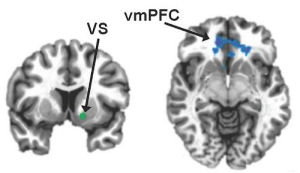
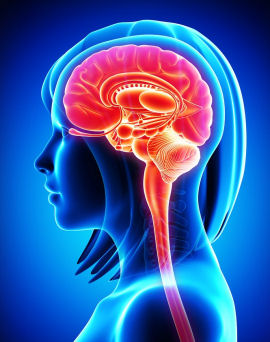
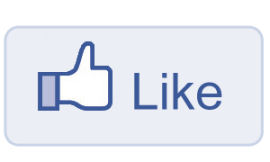
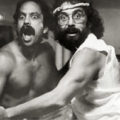













Comments are closed.